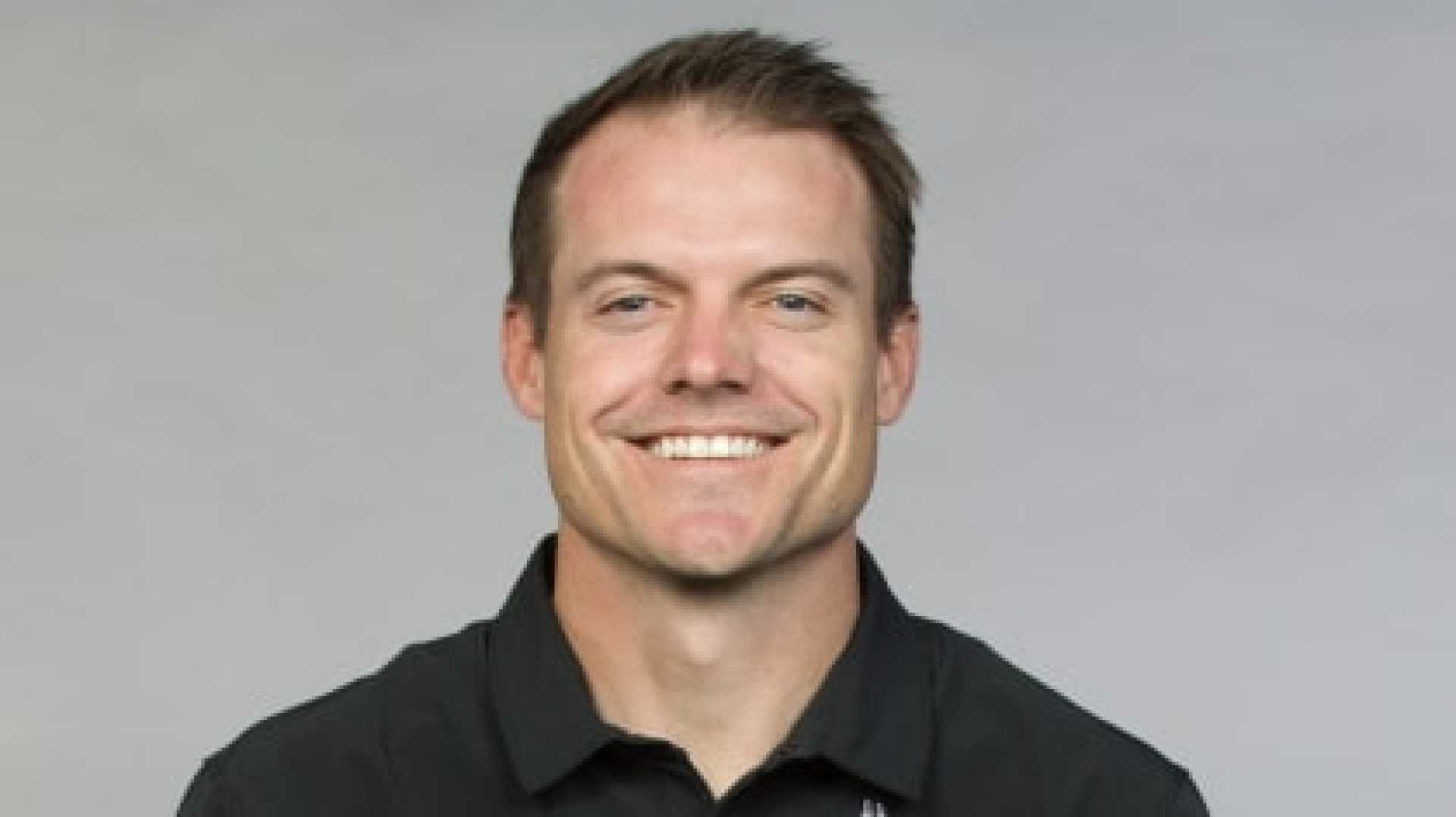Sports
Vikings’ Kevin O’Connell’s Empathy-Driven Coaching Style Yields Success

EAGAN, Minn. — Minnesota Vikings head coach Kevin O'Connell has redefined NFL coaching with his empathetic, confidence-building approach, leading the team to a 13-4 record and the NFC‘s No. 5 seed in his third season. O’Connell, 39, has become a betting favorite for Coach of the Year and is poised for a major contract extension after the season.
O’Connell’s coaching philosophy, shaped by his own brief NFL playing career, emphasizes empathy and support over traditional tough-love tactics. “Coaching is about what you do in those moments to help make sure that your team improves and players improve,” O’Connell told ESPN. “And then doing it in a way that never ever alters their confidence to go get their job done.”
His methods have resonated with players. Running back Ty Jones recalled a moment when O’Connell calmly addressed a fumble instead of berating him. “He didn’t raise his voice. He didn’t cuss. He just wanted to know what happened,” Jones said. “He said, ‘It’s OK, guys. We’re good. You’re both pros. I know you’ll get it fixed, so let’s let it go.'”
O’Connell’s approach has yielded tangible results. He is the fifth coach in NFL history to achieve multiple 13-win seasons in a three-year span, and his 26-9 career record in one-score games ranks second in league history. His ability to elevate quarterbacks, from Sam Darnold to Kirk Cousins, has also drawn widespread praise.
Former Rams coach Sean McVay, who worked with O’Connell, highlighted his emotional intelligence. “He has a heart for people. He has such incredible, authentic emotional intelligence,” McVay said. “That’s why his team loves him.”
O’Connell’s leadership extends beyond the field. Defensive tackle Harrison Phillips recalled how O’Connell prioritized his family over football when his daughter fell ill. “Some coaches are football first, but he’s like, ‘No, let’s make sure we get her taken care of,'” Phillips said. “It makes you want to play even harder for the guy.”
Despite his success, O’Connell has faced criticism for being too soft. Phillips acknowledged that O’Connell has tightened team rules and messaging this season to maintain discipline. “There needs to be boundaries,” Phillips said. “We can have complete freedom within that, but it needs to exist.”
O’Connell’s coaching style aligns with modern sports psychology, emphasizing growth and learning over punishment. “It avoids alienating the individual and presents an opportunity for growth,” said Dr. Brandonn S. Harris, president of the Association for Applied Sport Psychology.
As the Vikings prepare for their playoff game against the Rams, O’Connell’s legacy is on the line. A win could solidify his case for a lucrative contract extension, while a loss might complicate negotiations. Regardless of the outcome, O’Connell’s impact on the Vikings’ culture is undeniable.












